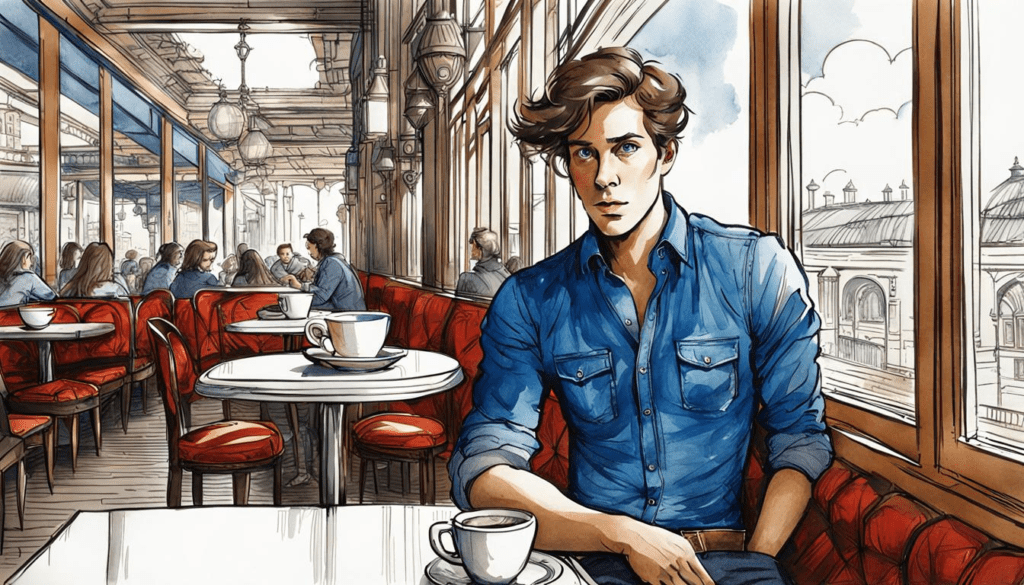Unraveling the Enigma of Déjà Vu
Déjà vu, a term borrowed from French, translates to ‘already seen.’ It’s a peculiar sensation where individuals feel as though they’ve lived through a current experience before, despite the fact that such a past encounter is impossible. This phenomenon is not just a mere feeling of familiarity, but a strong, subjective certainty that you’ve been here before, in this very moment.
The Science Behind Déjà Vu
The experience of déjà vu is often accompanied by a sense of incongruence. You might find yourself in a situation that logically should feel new, yet your brain insists that it’s a revisit. Dr. Vernon Neppe succinctly defines it as ‘a subjectively inappropriate impression of familiarity of a present experience with an undefined past.’
Common Occurrences and Triggers
Déjà vu is a widespread phenomenon, with approximately 60% to 70% of people reporting its experience at least once. It can be triggered by various stimuli, such as seeing a familiar face in an unfamiliar place or encountering a situation that resembles a past event. The sensation is most prevalent among young adults and tends to diminish with age.
Psychological and Neurological Connections
Research suggests that déjà vu could be a result of neural activity misfires, where the brain momentarily confuses the present with the past. This is supported by the observation that stress, exhaustion, and certain neurological conditions can exacerbate the occurrence of déjà vu. It’s also been linked to epilepsy and migraines, where it can be a precursor to a seizure.
Cultural Interpretations
Throughout history, déjà vu has been interpreted in various ways, from a sign of psychic abilities to a simple brain glitch. While some may view it as a harmless quirk, recurrent and intense déjà vu experiences can be indicative of underlying health issues, such as memory disorders.
Déjà Vu in Everyday Life
Déjà vu can be a fascinating and sometimes unsettling experience. It’s more likely to occur during leisure times, such as evenings or weekends, and is more prevalent among individuals who travel frequently, have a higher education level, or are more open-minded in their beliefs.

